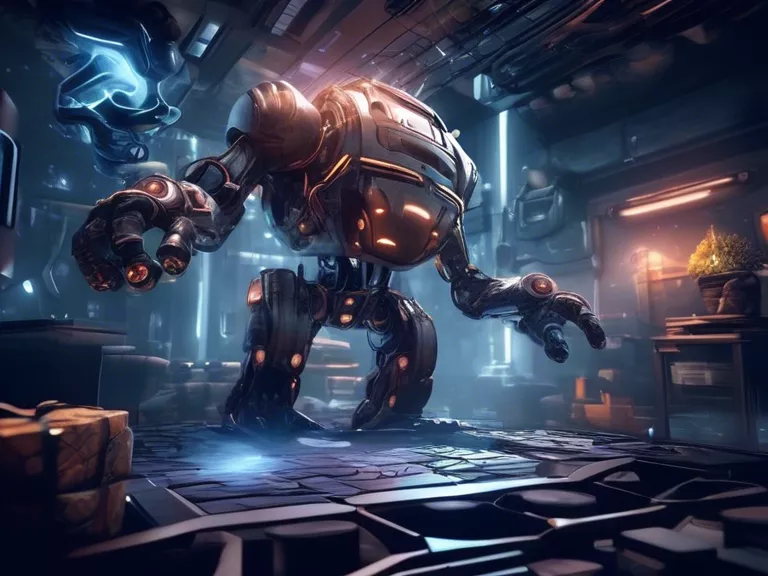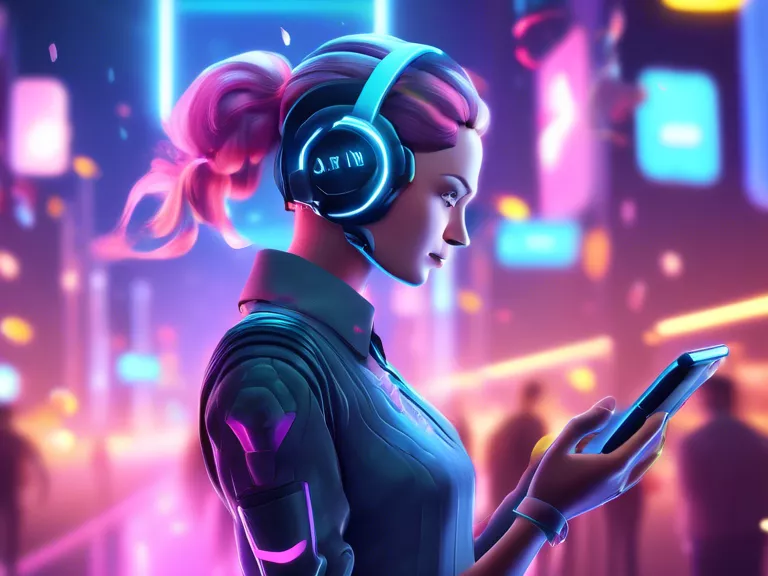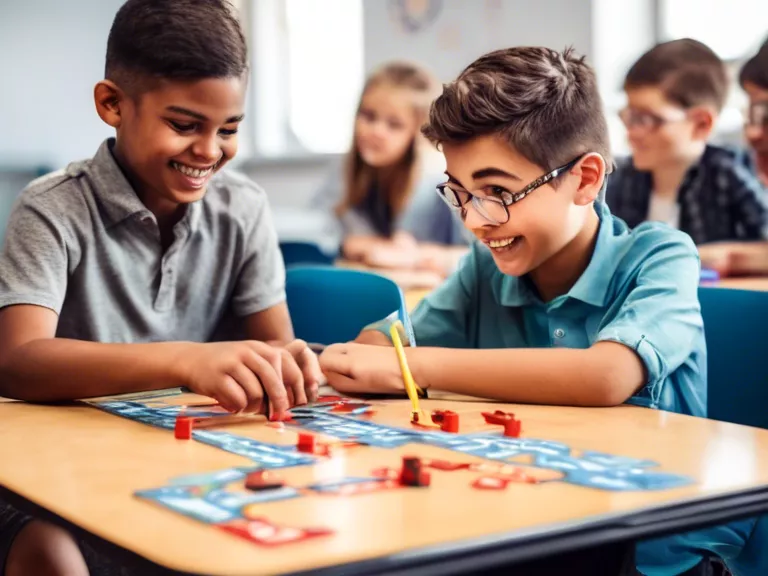
AI technology has revolutionized the gaming industry by allowing developers to create adaptive difficulty levels in games. This article explores the impact of AI on this aspect of gaming and discusses how it enhances the player experience.
One of the biggest challenges in game development is finding the right balance of difficulty to keep players engaged. Traditionally, developers have relied on static difficulty levels that are set at the beginning of the game and remain constant throughout. However, this approach can lead to frustration for players who find the game either too difficult or too easy.
This is where AI comes in. By leveraging machine learning algorithms, developers can implement adaptive difficulty systems that adjust the game's challenge level in real-time based on the player's performance. This means that the game can become more difficult as the player improves, providing a constantly engaging experience.
AI also allows for more personalized difficulty adjustments. Instead of applying blanket difficulty changes across the board, AI can analyze individual player behavior and tailor the challenge level to each player's skill level and preferences. This level of customization not only enhances the player experience but also increases player retention and satisfaction.
Furthermore, AI-powered adaptive difficulty systems can help games appeal to a wider audience. By accommodating players with varying skill levels, developers can attract both hardcore gamers looking for a challenge and casual players seeking a more relaxed experience. This inclusivity can lead to increased game sales and overall success in the market.
In conclusion, AI technology has had a significant impact on creating adaptive difficulty levels in games. By providing personalized and dynamic challenge adjustments, AI enhances player engagement, retention, and satisfaction. As AI continues to advance, we can expect to see even more innovative and immersive gaming experiences in the future.



